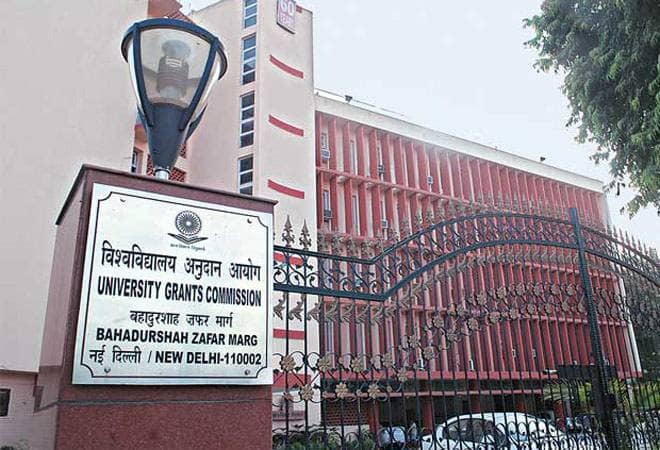
Introduction of CUET may encourage coaching culture: Association of private schools

An association of private schools has written a letter to the Union Education Minister, expressing apprehension that the introduction of CUET from the 2022-23 academic session may encourage “coaching culture” among students.
UGC chairman M Jagadesh Kumar had said on Monday that the central universities will have to admit students to undergraduate programs through Common University Entrance Test (CUET) scores and not on the basis of Class 12 marks.
“The syllabus of the CUET will be mirrored with the Class 12 model syllabus of the NCERT,” Kumar had said.
Although the National Progressive Schools Conference (NPSC), an association of Senior Secondary School Principals pan India and abroad, welcomed the move to introduce CUET and said that it will “do away with the stress of appearing in multiple entrance tests” for students, it also flagged certain various concerns, including the fact that it might encourage coaching culture.
The NPSC called for a “broad consultative process” with all stakeholders dealing with school education.
“While one of the objectives of introducing CUET is to deal with high cut-off marks obtained by students of some state boards, this problem could have been addressed differently by designing a rationalisation structure to bring them in parity with CBSE,” the letter written on Thursday said.
Also read: CUET now compulsory for admission to undergrad courses in Central varsities
The letter also said that the current batch of students is currently preparing for the Term II exams of CBSE and the prospect of appearing for CUET could be stressful for them.
“…we therefore feel that the CUET could have been introduced next year so as to bring greater awareness among students who would have sufficient time to mentally prepare themselves to take such a common entrance examination after their final Board,” the letter said.
NPSC chairperson Sudha Acharya said that the fact that CUET will be based on NCERT books will encourage students from state boards and ICSE to take coaching since they follow different books.
“The NEP 2020 envisages doing away with the culture of coaching. Unfortunately not giving any weightage to class XII will encourage proliferation of the coaching culture,” Acharya said in the letter.
Citing the example of Delhi University, which is likely to keep passing marks in Class 12 as eligibility criterion for CUET, Acharya said that in such a situation, schools will only become a medium for clearing CUET.
“There will be no motivation or incentive for the students and teachers to put in their best efforts. The whole focus of NEP 2020 for school education has got diluted. In order to avoid this problem, it is essential that a minimum weightage of 50 per cent should be given to the Board examination,” read the letter.
Also read: UGC’s common entrance test creates new Centre-state rift
The CUET will have three parts: compulsory language, 27 subject domains, and general test on quantitative reasoning, logical and analytical reasoning, numerical ability, and general knowledge and current affairs.
“Students who do not have aptitude for maths or numerical or quantitative reasoning will find it difficult to score well in the third part without coaching. Moreover, students who would like to shift from one stream to another for college admission will have extreme difficulty in choosing subject domain in the CUET,” Acharya said.
(With inputs from Agencies)


